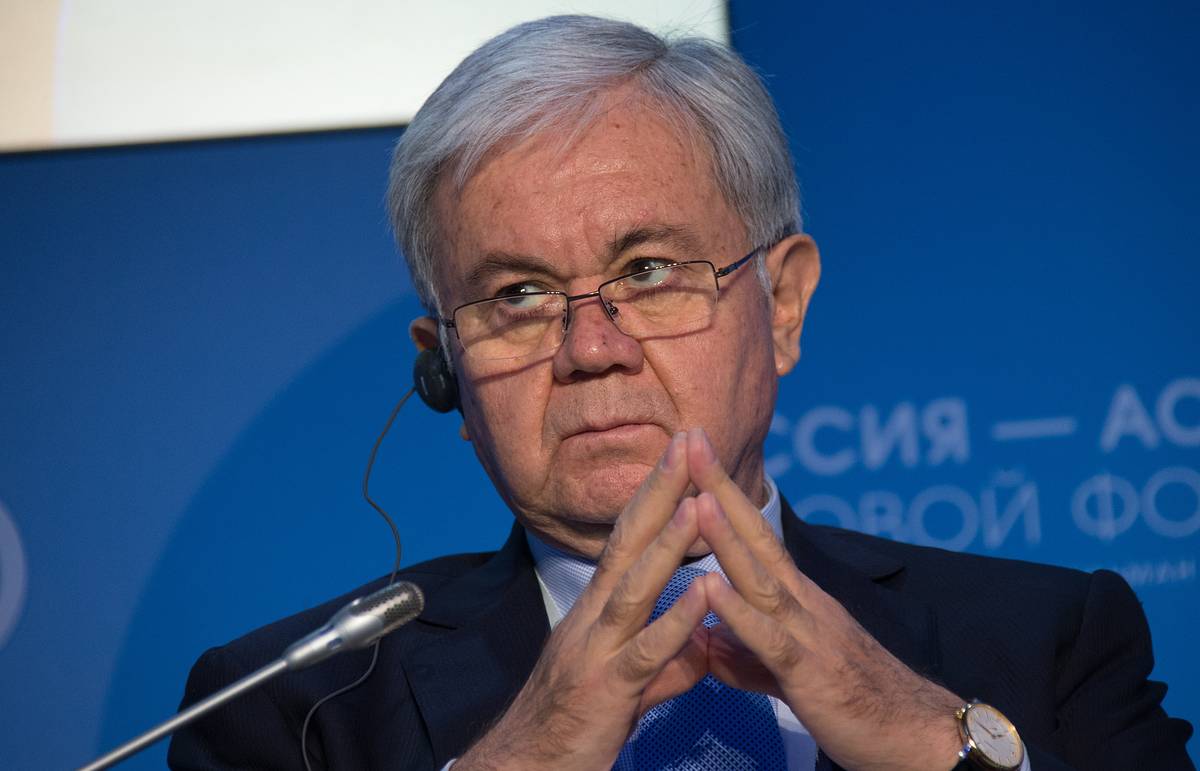The professor of the Public Service Academy under the President of Tajikistan, former SCO General Secretary Rashid Alimov shared his view on the eve of the SCO Samarkand summit:
“Uzbekistan's chairmanship of the SCO is coming to an end. Which initiatives of Tashkent would you like to highlight and why?

— The presiding state is always the leader and sets the direction. Uzbekistan has been setting a new direction for almost 4 years, starting with the SCO summit held in Qingdao (China) in 2018. Thanks to Uzbekistan’s initiatives, more than 80 events were held together. And it is not about the quantity, but the effectiveness of these activities. Uzbekistan came up with a number of initiatives that enriched and filled the gaps in the organization's activities.
I would like to also underscore the issues related to transport. For example, in 2014, an agreement that was adopted to create favourable conditions for car transportation in Dushanbe has become an invaluable asset to mutual cooperation and joint work between railway organizations, which has a direct impact on the development of railway networks.
This is especially important in a situation where the external trade turnover of the SCO countries is 7.5 trillion dollars, and the internal trade turnover between them is only 10% of this volume.
In fact, the volume of trade between the SCO countries increased by 32% compared to 2017. The landlocked countries of Central Asia are particularly interested in these successes. Central Asian states are still among the most disconnected from world markets in terms of the global economy. Uzbekistan's initiatives to strengthen transport links are of great importance. They allow the region to be "closer" to the seas and oceans.
Uzbekistan's initiatives are also aimed at deepening and expanding cultural and humanitarian relations. Here I would like to mention the establishment of the SCO Museum and the SCO Art Gallery. Uzbekistan is doing a lot to unite the advantages of each SCO member country at a single point. After all, only the combination of opportunities offered by each country gives a high result.”
Comments (0)